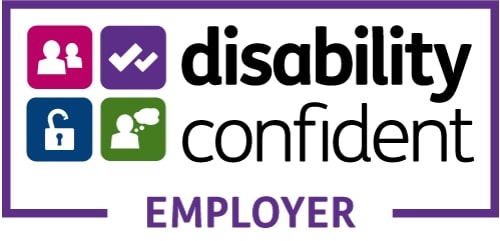If you need to end a tenancy
When you are dealing with a bereavement, there are five simple steps you need to follow to end a tenancy. You can find more information on our ‘ending a tenancy‘ webpage, but the steps are as follows:
- Give us four weeks’ notice in writing or by email
- Provide a copy of the death certificate
- Arrange a property inspection
- Inform utility companies and benefit departments
- Return keys
- Settle the account
You can find here the tenancy termination form: Tenancy termination form.
If you want to take over the tenancy
Succession rights refer to the right for someone to take over the tenancy of a property when someone dies.
There can usually only be one succession to a tenancy. For example when one partner dies, the tenancy must be altered from a joint tenancy to a sole tenancy, and this legal change is classed as a succession. This means when the second partner dies, no one else will be able to take over the tenancy.
Some of our older tenancy agreements allow a member of the tenant’s family to take over the tenancy as long as they have been living with the tenant for at least a year.
The four types of succession are:
- Statutory as set out in legislation, where in the case of a sole tenant their spouse or civil partner has the legal right to take over the tenancy.
- Contractual where the tenancy agreement gives more rights for someone to take over the tenancy if the tenant dies.
- Survivorship where a surviving joint tenant has the automatic right to take over the tenancy.
- Discretionary where the landlord can decide if someone who has no succession rights will be allowed to take over the tenancy.
Our succession policy sets out the legal, contractual and regulatory issues regarding succession. It sets out the rights a person has to succeed to a tenancy on the death of a tenant, and also deals with the issues surrounding persons with no such rights.
If you have any questions regarding succession and whether you can take over the tenancy if the tenant dies, please contact a member of our customer support team on 01225 715715. If they cannot answer your question they will ask one of our neighbourhood managers to contact you to discuss the matter further.



